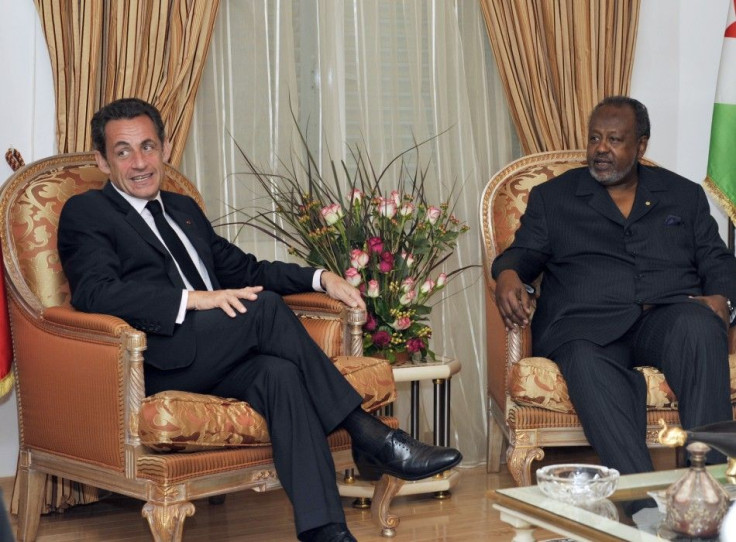Mideast unrest spreads to tiny Djibouti

The unrest roiling through the Middle East and North Africa has now spread to the tiny nation of Djibouti, where thousands of people have gathered on the streets to demand the immediate resignation of President Ismael Omar Guelleh.
Reportedly, security forces in riot gear kept a close eye on the demonstrators.
Other reports claim that police have opened fire on demonstrators.
“The police are confronting demonstrators,” Mohamed Daoud Chehem, head of the opposition Djibouti Party for Development, told reporters by phone. “They have opened fire.”
Djibouti, which gained independence from France in 1977, is located on the Horn of Africa, surrounded by Eritrea, Ethiopia and Somalia. It also lies across the Gulf of Aden from Yemen, where anti-government rallies have raged for days.
In addition, the U.S. has a military base in Djibouti, which is important strategically for its access to the Red Sea. France, which used Djibouti as a base of operations during the Gulf War, has thousands of soldiers stationed there.
Guelleh succeeded his uncle as the country’s boss in 1999. Last year, the constitution was amended to allow Guelleh to run for a third time (he “won” the election in 2005 when he ran unopposed).
Agence France Presse reported that protesters held up placards which read IOG out and No to a third mandate.”
Djibouti will hold its next elections in April, but the current unrest may change that.
The country is largely barren with less than 1-million people. The population comprises two primary ethnic groups: the Issa (of Somali origin) and the Afar (of Ethiopian origin).
© Copyright IBTimes 2025. All rights reserved.





















